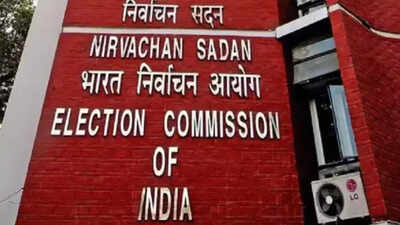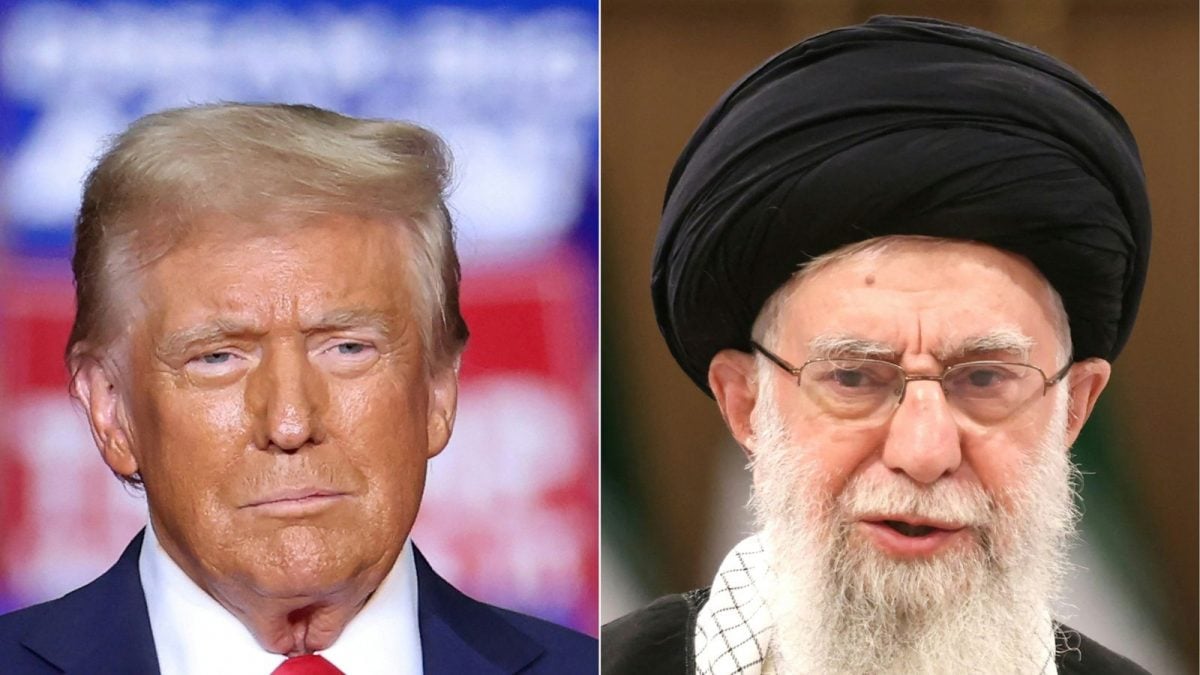ARTICLE AD BOX

NEW DELHI: Election Commission officials on Saturday justified the recent amendment in Conduct of Election Rules, 1961, barring stakeholders other than itself from accessing poll-day webcasting feed from polling stations, unless an election petition was filed, saying that it was necessary to protect secrecy of voters and save them from possible intimidation.The poll-day CCTV footage or webcasting feed shall not be destroyed if an election petition (EP) is filed and shall be made available to the competent court when asked. However, where no EP is filed, such feed shall be disposed of in 45 days, it said. Slamming the move, LOP in Lok Sabha Rahul Gandhi said EC's decision is another evidence that the "match is fixed" - a charge he has levelled about the Maharashtra contest. Poll-day CCTV feed shall be disposed of in 45 days, in sync with the 45-day time-bar for filing election petitions, Election Commission recently ordered in its revised instructions dated May 30, 2025.
EC sources warned that sharing poll-day videography/webcasting with any person, candidate, NGO or third party, without the express consent of the electors, ran the risk of identification of electors who voted or did not vote, from the footage, and their possible harassment and intimidation by anti-social elements.
The officials insisted that the CCTV/webcasting feed from polling stations was only meant as an internal management tool and not mandated by the law.
"What is veiled as a very logical demand to share video or CCTV footage of webcasting done at polling stations on poll day, is actually entirely contrary to the privacy and security concerns of the voters, which is a legal requirement under Representation of the People Act, 1950/1951 and in line with directions of the Supreme Court," an officer underlined. "Election Commission of India is legally bound and committed to protect the privacy of the electors and secrecy of voting, so video footage from polling station cannot be given to any person, candidate or NGO or any third party without the express consent of the elector(s)," the official said and added that the profiling of voters vs non-voters may become the basis for discrimination, denial of services, intimidation and inducement.



.png)
.png)
.png)
















 4 hours ago
5
4 hours ago
5









 English (US) ·
English (US) ·